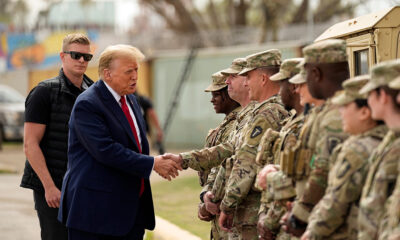Latest News
New US intelligence suggests al-Qaeda’s revival in Afghanistan ‘unlikely’
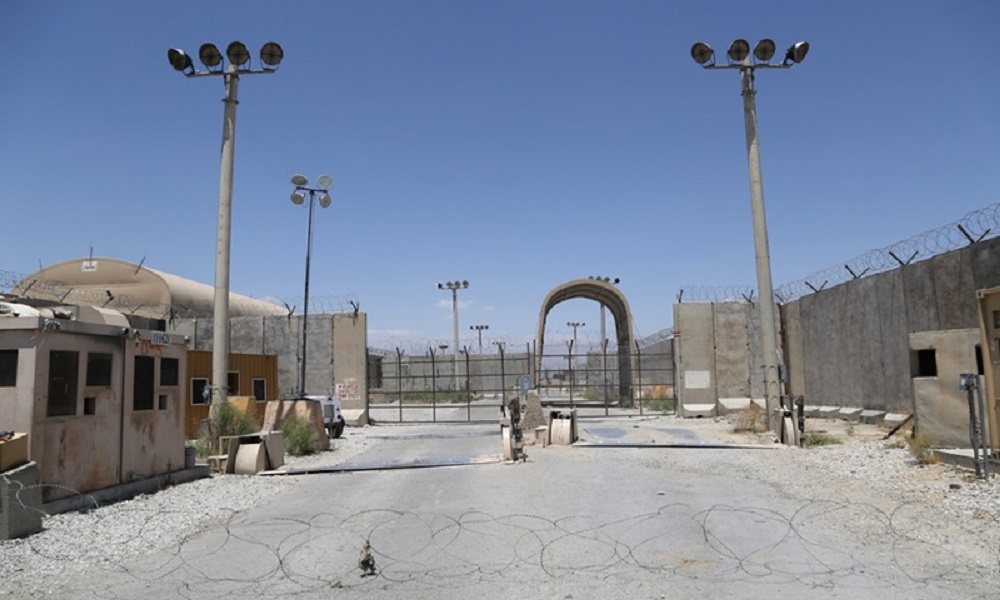
New US intelligence assessments suggest that it is “unlikely” al-Qaeda will revive in Afghanistan and Pakistan and that counterterrorism operations by the Islamic Emirate of Afghanistan have degraded Daesh’s presence in the country, two senior US officials said on Friday, CNN reported.
The assessments described by the officials in a briefing to reporters paints an optimistic picture of the overall terrorist presence in Afghanistan, suggesting it has been waning despite the US military’s withdrawal from the country in 2021, the report said.
Since the chaotic withdrawal from Afghanistan – and as the US has shifted intelligence resources away from counterterrorism priorities to focus on China and Russia – the Biden administration has been at pains to emphasize that it retains “over the horizon” capabilities to track terrorism threats emanating from South Asia.
Still, some US officials have privately raised concerns that as the US has transitioned intelligence assets away from the Middle East and South Asia, the Biden administration may struggle to track the threat posed by ISIS, which continues to operate in ungovernable areas in Syria and elsewhere.
ISIS-Khorasan, the Afghanistan affiliate of ISIS, also known as Daesh, has continued to attack high-profile targets inside Afghanistan. ISIS-K attacks have killed and wounded dozens of civilians since the IEA took over in 2021, part of an attempt to undermine the IEA’s rule and erode public confidence in its assurances of security, the report said.
“ISIS-K is a threat that we are certainly concerned about, from an external operations perspective,” one of the officials said. “But it’s a fundamentally different kind of threat than what we saw from al-Qaeda on 9/11.”
The officials added that intelligence shows ISIS-K has been under increasing pressure from the IEA and many of its key leaders have fled the country in recent months.
“ISIS Khorasan members involved in media, facilitation and recruitment in support of external operations are increasingly moving to neighboring countries to evade the Taliban (IEA) [counterterrorism] campaign,” the official said.
The officials said that the threat from al-Qaeda, meanwhile, is at its lowest point in decades.
“Al-Qaeda is at its historical nadir in Afghanistan and Pakistan, and its revival is unlikely,” one of the senior officials told reporters in a briefing, adding that the group’s “ability to threaten the United States from Afghanistan or Pakistan is probably at its lowest point” in decades.
That is at least partly because al-Qaeda has lost one of its primary targets: US troops, the official said. The US withdrew its forces from Afghanistan in August 2021, leaving al-Qaeda without a “proving ground” to train fighters and operatives.
After a US drone strike killed al-Qaeda leader Ayman al-Zawahiri in August 2022, the group was left without “leadership talent” and “strategic guidance,” the official added. The IEA claimed at the time that they did not know Zawahiri was residing in the Afghan capital of Kabul when the US targeted him.
Notably, the US assessments downplaying a terrorist resurgence appear to contrast with a report released in June by the United Nations’ Sanctions Monitoring Team, which assessed that al-Qaeda “is in a reorganization phase,” and had been establishing new training facilities in Afghanistan’s Kunar and Nuristan provinces.
The report also said that ISIS-K “continues to pose a significant threat within Afghanistan, and Member States are concerned about its potential to develop external operations capability and to project a threat into the region and beyond.”
Asked about the contrast between the US and UN assessments, one of the senior US officials said the UN report was “wildly out of whack” with intelligence collected by the US and its partners.
“We have tried to engage with those who produced the report to understand where it comes from better and ideally, educate them back,” the official said. “The bottom line is, that report is an outlier within the UN system.”
Latest News
Canada sent 19 failed asylum seekers back to Afghanistan last year
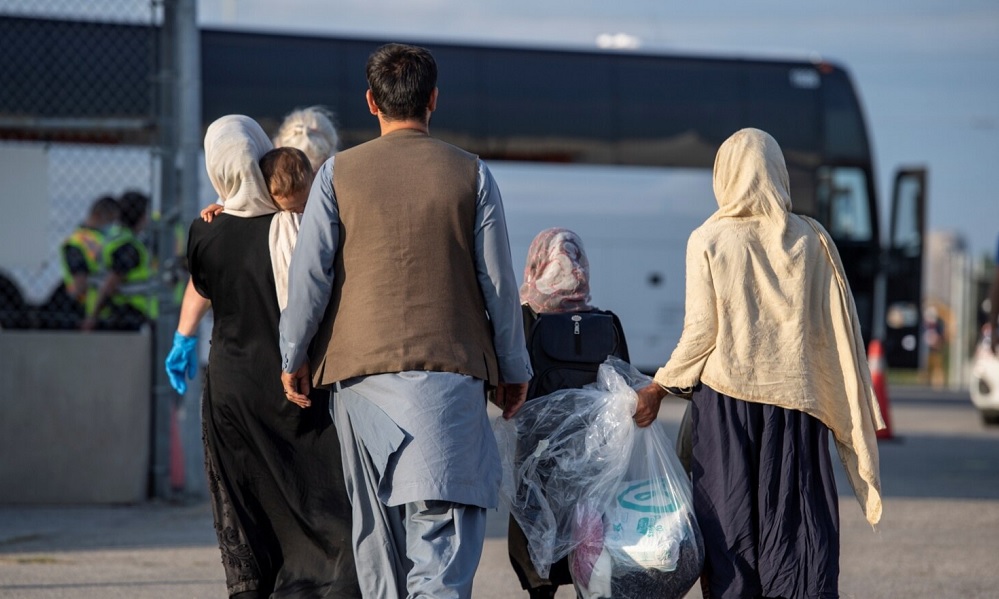
Canada's border guards sent 19 rejected Afghan asylum seekers back to the country last year despite Otawa’s Temporary Suspension of Removals (TSR) that has been in place for Afghan nationals since 1994.
CBC reported that none of the 19 Afghans had their cases rejected on the basis of safety or security risks. The border service did not however reveal further details.
The border agency said a TSR is meant to "halt removals to a country or place when general conditions, such as armed conflict or an environmental disaster, pose a risk to the entire civilian population."
It also said individuals who were found inadmissible "on grounds of criminality, serious criminality, international or human rights violations, organized crime, or security" can be removed despite a TSR, CBC reported.
The CBSA said the 19 who failed their refugee claims left Canada "voluntarily," and that the Afghans were "aware that they benefit from a stay of removal due to the Temporary Suspension of Removal on Afghanistan but requested to have their removal order enforced despite the legislative stay.
"In other words, the individual was advised that they can remain in Canada until the TSR is lifted and they opted to return to Afghanistan."
Canada has welcomed some 54,000 Afghans since August 2021, surpassing a commitment it made to bring in 40,000 in 2021.
Latest News
Trump team compiling list of military officers responsible for US withdrawal from Afghanistan
Trump has on a number of occasions condemned the withdrawal as a “humiliation” and “the most embarrassing day in the history of our country.”
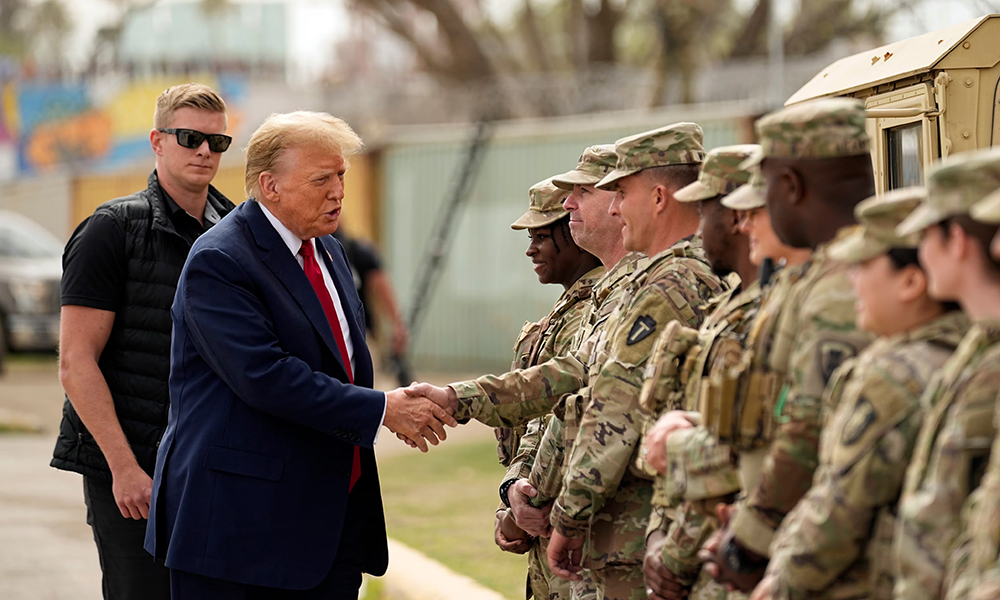
Citing a US official and a person familiar with the plan, NBC stated a commission would then gather information about who was directly involved in the decision-making for the military, how it was carried out, and whether the military leaders could be eligible for charges as serious as treason.
Latest News
Ottawa taking detention of Canadian in Afghanistan ‘very seriously’
Lavery helped an estimated 100 Afghans flee Kabul during the chaotic withdrawal of US and allied forces.
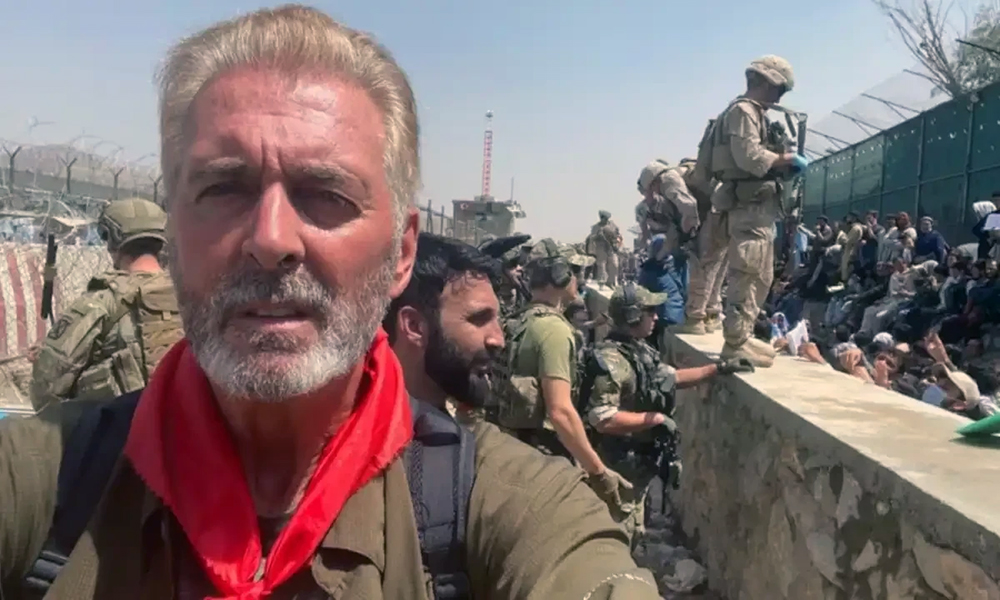
The Canadian government is taking "very seriously" the detention in Afghanistan of a former member of Canada's elite special forces, Prime Minister Justin Trudeau said Saturday.
Retired soldier David Lavery, known in Kabul as Canadian Dave, was detained by the Islamic Emirate shortly after landing in Kabul on Monday, according to Canadian broadcaster CTV News.
His whereabouts are unknown, the outlet added, citing unnamed sources.
Asked about Lavery, Trudeau said: "I can first of all assure you that the Canadian government is taking very, very seriously the situation."
He also said consular assistance has been provided to Lavery's family.
Lavery helped an estimated 100 Afghans flee Kabul during the chaotic withdrawal of US and allied forces.
He spent decades in the Canadian military and is said to have been a key member of its elite Joint Task Force 2 special operations unit.
More recently, Lavery has reportedly operated a private security firm in Kabul.
The Islamic Emirate has not yet commented.
-

 World4 days ago
World4 days agoBiden is sending aid to help Ukraine keep fighting next year, Blinken says
-

 Tahawol4 days ago
Tahawol4 days agoTahawol: NATO’s concern over proximity of Russia & North Korea discussed
-

 Latest News4 days ago
Latest News4 days agoIEA committed to freedom of media within Islamic principles: Mujahid
-

 Latest News4 days ago
Latest News4 days agoIEA prioritizing poverty reduction and job opportunities, says deputy PM
-

 4 days ago
4 days agoAWCC customer in Kandahar wins 1 million AFN in ‘lucky lottery’
-

 Latest News4 days ago
Latest News4 days agoIEA cuts mobile phone and internet rates
-
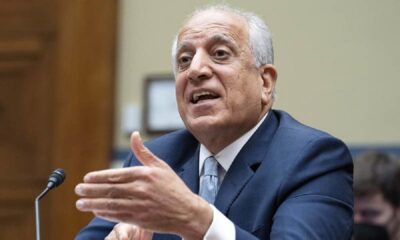
 Latest News4 days ago
Latest News4 days agoKhalilzad: Turning our back on Afghanistan would not be wise
-
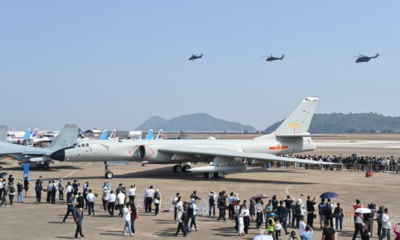
 World4 days ago
World4 days agoChina’s largest air show off to flying start with fighter jets and attack drones








